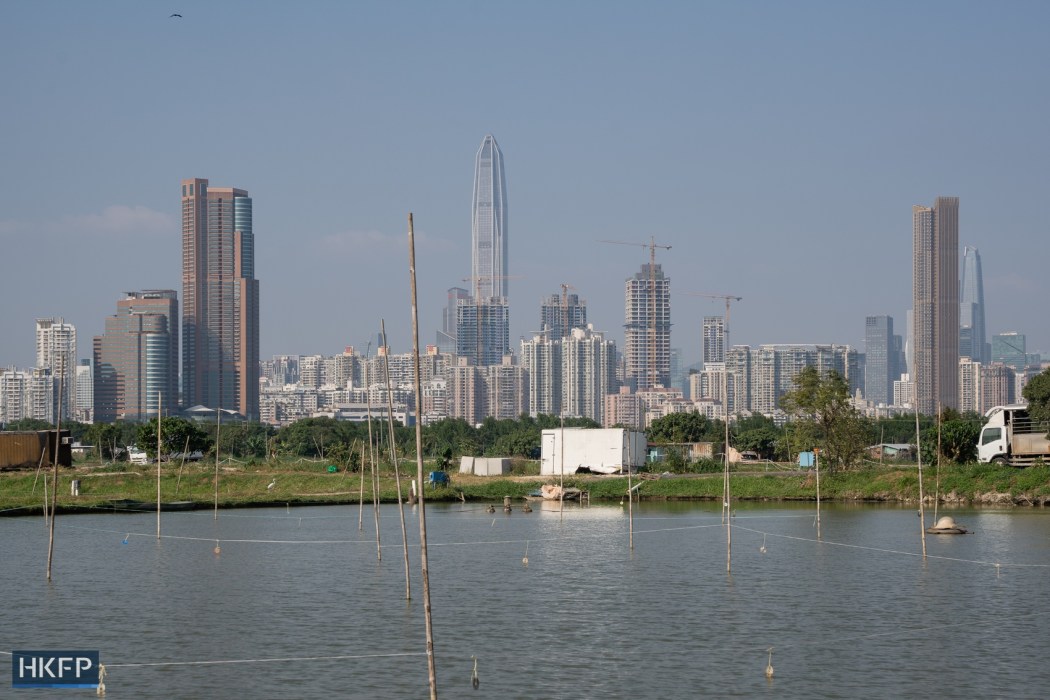
Anxiety disorders are common worldwide. While therapy and medication are traditional treatments, alternative therapies can be a valuable addition for managing mild anxiety. These methods aim to reduce anxiety symptoms with fewer side effects and can complement standard treatments when approved by a healthcare professional.
1. Reduce caffeine and avoid alcohol and nicotine: Excessive caffeine intake can worsen anxiety, even in amounts as low as 200 mg per day. Reducing caffeine consumption may help minimise anxiety.

Similarly, while alcohol and nicotine might temporarily ease symptoms, they often make anxiety worse in the long run. 2. Eat a nutritious diet: A healthy, well-balanced diet rich in fruits, vegetables, lean proteins, and healthy fats supports mental health.
It is also important to avoid processed foods and high sugar intake, which can trigger anxiety symptoms. Staying hydrated by drinking enough water is equally important for managing stress levels. 3.
Engage in regular physical activity: Exercise, particularly cardiovascular activities, is proven to reduce stress and anxiety. Even a short burst of activity, like a brisk 10-minute walk, can provide hours of relief. Regular physical activity not only alleviates anxiety but also promotes overall well-being.
4. Prioritise sleep: Quality sleep plays a crucial role in reducing anxiety. Aim for 6-8 hours of sleep each night, and establish a consistent sleep schedule.
5. Practice relaxation techniques: Techniques such as meditation, yoga, and deep breathing exercises are effective in managing anxiety. 6.
Consider supplements and essential oils: Herbal supplements like chamomile, passionflower, and L-theanine may help alleviate mild anxiety. Anxiety disorders are common worldwide. While therapy and medication are traditional treatments, alternative therapies can be a valuable addition for managing mild anxiety.
These methods aim to reduce anxiety symptoms with fewer side effects and can complement standard treatments when approved by a healthcare professional. 1. Reduce caffeine and avoid alcohol and nicotine: Excessive caffeine intake can worsen anxiety, even in amounts as low as 200 mg per day.
Reducing caffeine consumption may help minimise anxiety. Similarly, while alcohol and nicotine might temporarily ease symptoms, they often make anxiety worse in the long run. 2.
Eat a nutritious diet: A healthy, well-balanced diet rich in fruits, vegetables, lean proteins, and healthy fats supports mental health. It is also important to avoid processed foods and high sugar intake, which can trigger anxiety symptoms. Staying hydrated by drinking enough water is equally important for managing stress levels.
3. Engage in regular physical activity: Exercise, particularly cardiovascular activities, is proven to reduce stress and anxiety. Even a short burst of activity, like a brisk 10-minute walk, can provide hours of relief.
Regular physical activity not only alleviates anxiety but also promotes overall well-being. 4. Prioritise sleep: Quality sleep plays a crucial role in reducing anxiety.
Aim for 6-8 hours of sleep each night, and establish a consistent sleep schedule. 5. Practice relaxation techniques: Techniques such as meditation, yoga, and deep breathing exercises are effective in managing anxiety.
6. Consider supplements and essential oils: Herbal supplements like chamomile, passionflower, and L-theanine may help alleviate mild anxiety..















